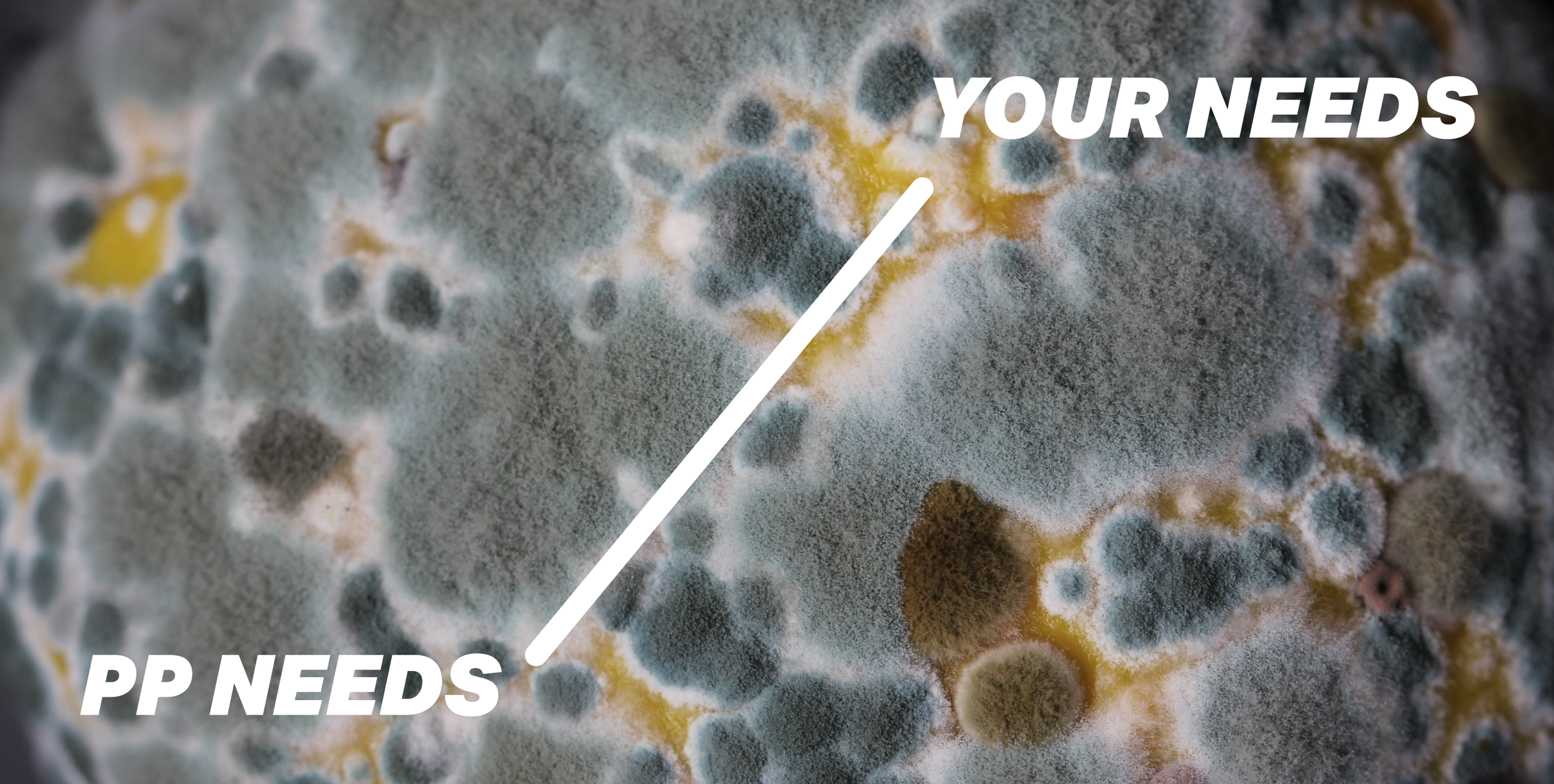People pleasing
It’s nice to be nice
…something one of my closest pals has always said, and he’s right. General consensus, aside from sociopaths, people are in the market for helping out. But where’s the limit? What’s our cutoff point? At what point do we say no?
Coming from a good place, People Pleasers (PP’s) concern themselves with others needs. Good stuff. Often over their own. Not so good. Allowing someone else’s stuff to be more important than yours and continually prioritising it, prompts a mould-like resent to grow. As we repeatedly allow ourselves to do-them (and not us), rather than being content in our accommodating ways, eventually we’ll start to resent the fuck out of the person we’re choosing to please. Note, choosing to.
“Allowing someone else’s stuff to be more important than yours and continually prioritising it, prompts a mould-like resent to grow. ”
Everyone has needs. Emotional, physical, physiological, financial, they come in all shapes and sizes. Needs are needs, we’re all entitled to them, they’re all legitimate and they’re all equal. So what do PP’s (myself included) do with them? This:
The longer PP’s endorse this trajectory of putting others first, things will start to look like this:
I’m not saying the answer is to go out and prioritise only your needs and fuck everyone else’s. No. Accommodating others is a valuable and important part of living harmoniously. It can stay.
What I am saying is that creating boundaries is really damn important. Establishing and sticking to boundaries ensures that meeting our own and others needs remains equal, and we’re not paving the way for an oversized resent-mushroom to pop up any time soon.
Image, Idan David
Where does it come from?
People pleasing is a technique we pick up as children. We do it as a way to meet our emotional need to be liked, gain attention and affection, thinking wrongly that we’re not worthy of these right off the bat. It routes back to two assumptions:
I must put others needs ahead of my own.
I must give love and affection in order to get any back. I must earn it and am not simply worthy of it.
I can vouch for how amazing my parents were when I was a littlun and continue to be now I’m an adult, so it’s worth noting that being a PP isn’t blameable on your folks. If anything, they’ve taught you a really lovely attribute to give 300 fucks before thinking about yourself. Obv a great thing, everything in moderation though.
When is it too much?
If we stop recognising and accommodating our own needs in favour of someone else’s, it’s overkill. When your feelings go sour, it’s time to pour the accommodation-carton down the drain. By people pleasing we’re seeking external reassurance about how accepted we are and how much affection we deserve. We can feel selfish if we express our own needs and worry that this could push people away. On the flip side, others may feel obliged to reciprocate care and feel guilty or manipulated when they don’t.
“When your feelings go sour, it’s time to pour the accommodation-carton down the drain.”
Justification
We justify people pleasing as selfless, expecting nothing back. Bullshit alert! Actually, we want our niceness returned to validate us. When people don’t reciprocate our good deeds, we see them as selfish and resent grows. We’ll cultivate our People Pleasing Fungi Farm, while struggling to express how much their ungratefulness pisses us off.
Hold on a mo, we’re forgetting something, they didn’t ask us to put them first. We told ourself that’s what we need to do, to warrant being liked and to get affection. So really, it’s not their fault. This is on us.
Personal experience
Love
I recently went through a drawnout breakup because I chose to facilitate his needs over mine. It got to a point long before I sent this text, that I didn’t want to do this anymore.
As the man’s a goody in an attempt to avoid any bad blood brewing, I made clear that a clean-cut was necessary. By not facilitating my need for a nice neat break, both of us experienced more resent than necessary. Hands up, we were both in the wrong. I fucked up by not sticking to my boundaries, as did he by choosing not to accommodate them.
Context: A month too late, I sent him this text when he asked “wtf happened”? (For the record, according to him he didn’t fuck someone else). A poisonous resent mushroom blossomed into our amicable existence because I wasn’t strict in aligning with my boundaries to start with. Proof! People pleasing ain’t all good yall.
Friendship
Not just love, I have a tendency to weave PP into my friendships too. A work in progress, only recently I’ve felt comfortable enough to verbalise my needs and when my boundaries have been overstepped.
A. Define: My needs for a healthy friendship (support, communication, connection, quality time etc).
B. Simplicity: Explain I will no longer only prioritise their needs, as mine are equally valid and important.
C. Consequences: Give them the choice to accommodate me, or opt not to and lose out on brilliant me.
Leaving it up to them, if the latter’s the case, easy peasy! I don’t need them. I’ve spent yonks accommodating them and if they can’t align with my boundaries now, well they ain’t the friend for me. I’m anti-moulding by telling those that haven’t heard, if this is going to work, it’s a two way street. The one-way we started down was due to temporary construction work and now both lanes are free flowing again.
FYI this didn’t happen overnight. I spent many a moon resentful and doing nothing about it. I still feel guilty and selfish communicating my boundaries because it’s new, but knowing I’ve said what I needed to say is empowering. The times I’ve apologised for this (PP in full force), I’ve been kicking myself. The Death of People Pleasing is all about putting boundaries out there, however ‘wrong’ it may feel. It’ll progressively feel right as your mental and relationship health flourish.
Boundaries
As I did with my amigos and ex, to avoid resent fungus, we need to create boundaries. These are about recognising needs and when to accommodate them. They provide a point when we no longer need to consider others because it’s time to put ourself first. Setting them is psychologically beneficial to reduce exposure to stress. Feeling depleted and wound-up are signs that needs aren’t being met and boundaries have been overstepped. People ain’t psychic! We need to lay down and communicate the boundary line ourself.
“People ain’t psychic! We need to lay down and communicate the boundary line ourself.”
There’s no need to go above and beyond in order to make people like you, they like you as you are. Use a prompt to stop PP in its tracks by flagging it, pausing it and telling yourself factually (because, it’s true) “you are enough.” You right now are perfectly fine, dandy and completely worthy of attention and affection, as is. No frills necessary. Recognise when you’re doing it. Tap into how it’s making you feel, both during and in the aftermath. Reflect on how the situation would have been different if you’d said “no”. This will give you a good gauge to see if it’s worth continuing or better to oust before the toxic black stuff starts spreading.

















